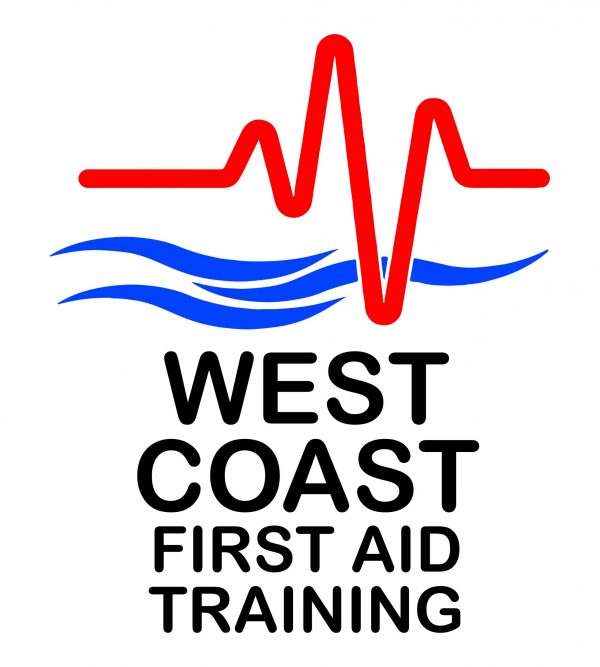Are you planning to enhance your first-aid skills to a more advanced level? Well, it helps you in dealing with medical emergencies without fear or uncertainty. In an era where crises can come at any moment, being ready is a life-saving tool. You can join the advanced first aid training in Perth. CPR and AED instruction enable you to respond to a variety of medical emergency situations. You’re going to develop the ability to respond to a wide variety of medical problems. So, let’s take a look in more detail on this.

Understand Advanced First Aid Course
An intensive advanced first aid course involves step-by-step training that goes beyond the basics. It takes participants to the next level. Moreover, it also enables them to address several types of medical emergencies. These courses encompass bigger topics. It includes CPR, AED use, bleeding control, splinting, and shock management, among others. Further, an advanced first aid course builds participants’ self-confidence. It also helps ensure certainty in handling critical medical situations.
The advanced first aid course is designed to teach vast skills and knowledge. These are used to deal with various medical emergencies. These components include:
- CPR and AED Training: Instruction in performing CPR and using AEDs for regeneration in cases of cardiac arrest to restore heart rhythm.
- Bleeding Control and Wound Care: You will learn the different techniques of Applying Pressure Dressings and explore the management of extreme bleeding.
- Shock Management: Teach shock recognition and management. It also includes techniques for maintaining adequate circulation.
Are Basic First Aid and Advanced First Aid different?
The gap between basic first aid and advanced first aid is in the level of training, complexity, and scope of skills.
Basic first aid
First aid training requires knowledge that helps overcome common injuries and medical emergencies. This includes:
- Initial Assessment: First aid fundamentals teach people to make a scene safe by finding injured people and not responding.
- Cardiopulmonary Resuscitation (CPR): Adult, infant, and small child CPR may be taught as basic CPR techniques.
- Bleeding Control: Fundamental methods to control bleeding, e.g., applying pressure or using gauze and bandages.
- Wound Care: The Fundamentals of Irrigating and Bandaging Wounds.
- Fracture Management: Fundamental Ways to Deal with Fracture Immobilization Using Splints.
- Choking Response: Some simple techniques that will help while there is a choking victim.
Advanced First Aid
Medical first aid training extends to basic knowledge. It provides more comprehensive training for an extensive range of medical emergencies. This includes:
- Advanced CPR and AED Training: Advanced courses may cover different skills of healthcare providers, such as airway management with advanced airways and using AEDs.
- Advanced Wound Care: Methods for treating critical bleeding, determining the severity of wounding, and dressing advanced injuries.
- Random Medical Emergencies: There is so much training to respond to conditions like heart attacks, strokes, and diabetic emergencies.
- Environmental Emergencies: You will also learn the advanced modules will teach managing emergencies related to environmental factors. It includes heat stroke, hypothermia, and altitude sickness.
- Medication Administration: Teaching about administering drugs in emergencies, including epinephrine for severe allergies.
- Emergency Childbirth: Essentials of assisting in childbirth during the crisis.
Who can do the Advanced First Aid Course?
The advanced first aid course is a level of instruction recommended for an interesting group of individuals. It is highly likely to increase their emergency response capabilities. Moreover, it provides all-inclusive care in emergency medical situations. This course is ideal for:
- Healthcare professionals: doctors, nurses, paramedics, and other healthcare providers who wish to develop their primary response teams.
- Emergency Responders: Paramedics and other field triage workers who are trained to provide help to people in the field when they are required to do so.
- Workplace Officers: Many individuals are responsible for workplace safety and health. They need advanced first aid skills to attend to medical emergencies.
Preparing for an Advanced First Aid Course
The following are a few steps for you to prepare for an Advanced First Aid Course:
- Research the course syllabus, prerequisites, and certificate requirements.
- Discuss the fundamentals of first aid.
- Assess the physical fitness required to engage in the practical training.
- Gather the necessary materials: a CPR mask, gloves, etc.
- Mentally prepare yourself for realistic simulations of stressful situations and decisions with quick responses.
- Visit the course with an open mind and a willingness to be trained in high-quality life-saving skills.
Ending Note
The higher-level first aid classes are vital in creating individuals who can handle a variety of emergencies with the appropriate knowledge and abilities. They go beyond basic first aid and move into a more complex level of skills and protocols. These classes enable the processors to give medical attention, saving lives when needed. Also, allocating funds for superior first aid training is a huge factor that can greatly affect your ability to help others in an emergency.

